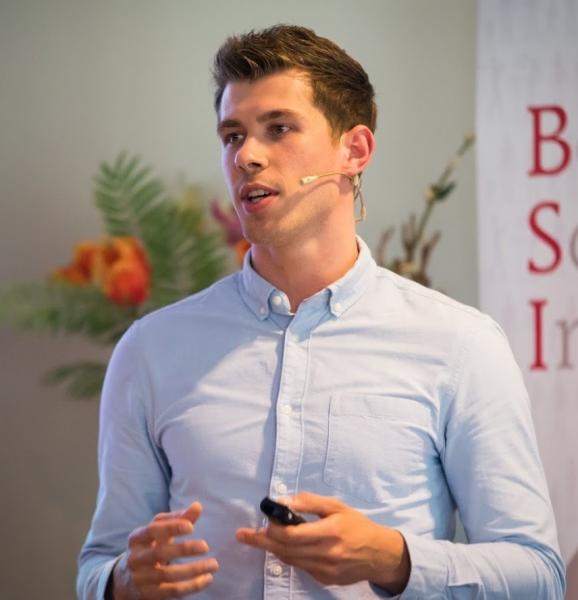American Psychological Association Division 50

Akanksha Das, MA
The unique stress of oppression is linked to alcohol-related consequences. However, extant research tends to focus on single identities, thereby excluding the intersectional oppression of people holding more than one stigmatized identity. To fill this gap, the pioneering work of Black feminist scholar-activists (Beale, 1979; Collins 1999; Combahee River Collective, 1977/1995, Crenshaw, 1991) has paved the way for intersectional minority stress approaches. With this in mind, Akanksha Das, Dr. Rose Marie Ward, Lauren Haus, Jackson Heitt, and Dr. Jeffrey Hunger examined the additive impact of multiple forms of oppression on alcohol-related problems among college students. Specifically, testing whether the intersectional oppression-alcohol link can be explained by minority stressors, belongingness, and drinking to cope motives. Replicating Remedios & Snyder (2018), a greater number of oppressed identities were associated with higher minority stress (i.e., discrimination, stereotype concerns, and invisibility). Higher minority stress was also associated with a lowered sense of belonging, which was indirectly related to greater alcohol-related consequences one year later. Contrary to expectations, minority stress was only indirectly associated with higher drinking to cope motives and with less alcohol consumption. Alcohol consumption was also unexpectedly positively related to belongingness. We were thrilled to receive CPA’s Inclusive Excellence Poster Award for our work.

Jonas Dora, PhD
Dr. Jonas Dora, postdoc at the University of Washington with a passion for rigorous science, gave a workshop at the 2022 Collaborative Perspectives on Addiction annual meeting to facilitate the uptake of Open Science practices (e.g., study preregistration, sharing of data, materials, and analysis scripts) in substance use research. Jonas clarified what Open Science practices are (steps to make research more reproducible and replicable) and why they show promise to end psychology’s replication crisis (by shifting the focus from shiny results to robust methods). Jonas also highlighted some benefits to individual researchers, such as high citation rates of preregistered studies and reduced anxiety around null results. He explained why some people remain unconvinced that preregistration is valuable (because it does not improve our theories) and why he does not agree with this criticism (because preregistered effects replicate very well). He then walked participants through the process of preregistering a study in sufficient detail, and showcased how to share materials, anonymized data, and code alongside a manuscript via the Open Science Framework. The materials of his workshop can be found at https://osf.io/xjg24/. If you have a question regarding incorporating Open Science in your own work, you can email him jdora@uw.edu.

Resources are available for those struggling with addiction and numerous effective treatments exist. Whether you are looking for help for yourself or a loved one, we encourage you to seek out help.